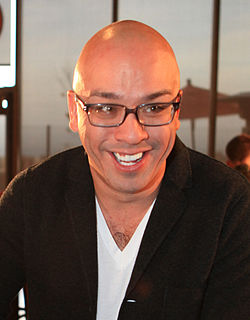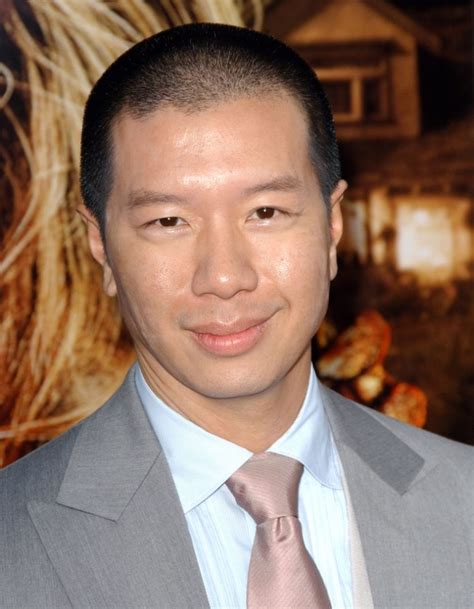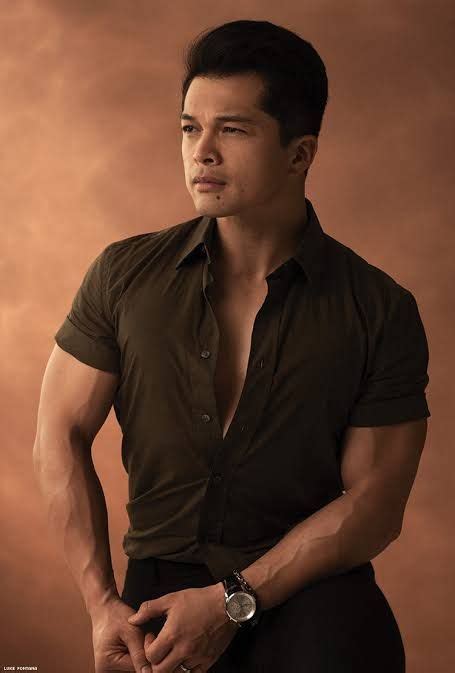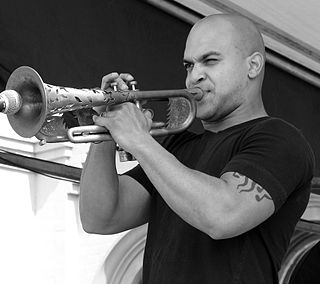A Quote by Jo Koy
What I enjoy the most about being Filipino is our culture.
Related Quotes
I was raised in a dominantly Filipino family. I didn't know I was 'mixed' until I got older and started asking questions about my grandparents, the origins of our middle and last names. We were kind of textbook Pinoys. A lot of the Filipino stereotypes that were joked about by me and my friends rang very true with my family.
I speak a lot about what I call "the trance of unworthiness" which is really epidemic in our culture, this sense of "I'm not enough," or "something's wrong with me." Most of us have some level of it because our culture has all these standards (handed down through our families) of what it means to be okay.
Most women in our culture, then, are disordered when it comes to issues of self-worth, self-entitlement, self-nourishment, and comfort with their own bodies; eating disorders, far from being 'bizarre' and anomalous, are utterly continuous with a dominant element of the experience of being female in this culture.
It really takes growing up to treasure the specialness of being different. Now I understand that I've gotten to enjoy things that others have not, whether it's the laughter, the poetry of my Spanish language - I love Spanish poetry, because my grandmother loved it - our food, our music. Everything about my culture has given me enormous education and joy.
I think most micro-brewers/craft-brewers are similar in that they enjoy making something themselves and at the end of the day they can enjoy the fruit of their labor. Most people really enjoy the process of making beer and like the industry as a whole. We often are passionate about what we do and enjoy talking to people about the art and science of making beer.
At the present moment in our culture this yearning for meaning and consciousness, this yearning to give and serve something higher than ourselves, is breaking through the hard crust of our widespread cultural materialism and pseudo-scientific underestimation of what a human being is meant to be together with an equally tragic overestimation of what we human beings are capable of in our present everyday state of being. The intensity of the present confusion about the nature and existence of God is a symptom of this yearning within the whole of our modern culture.


































